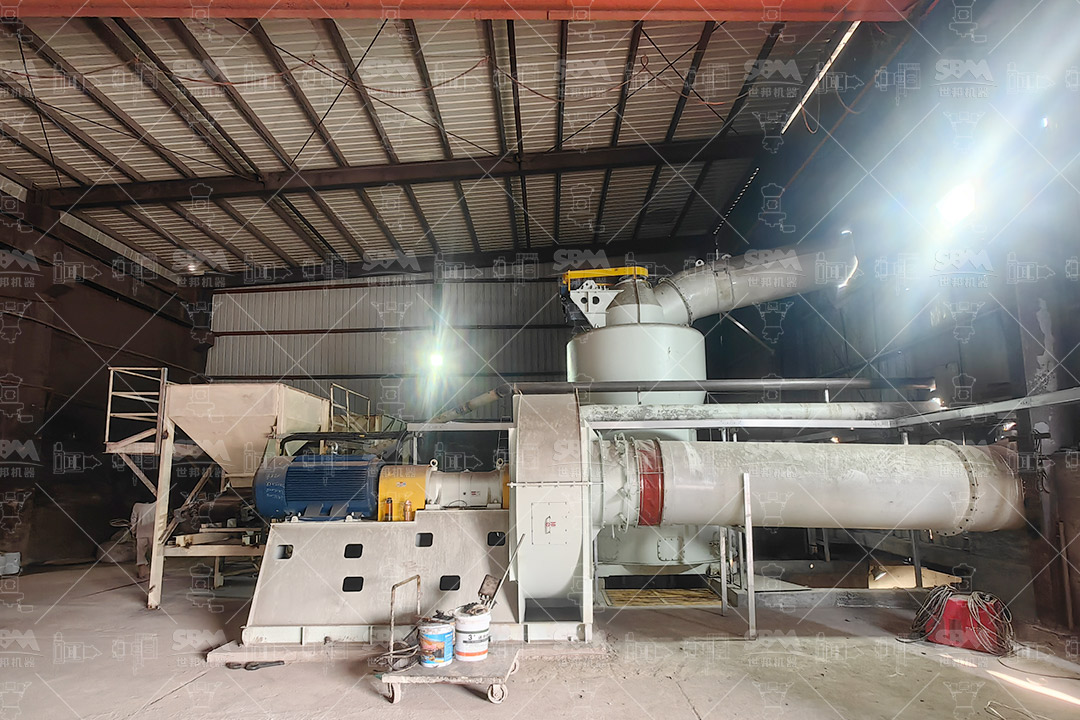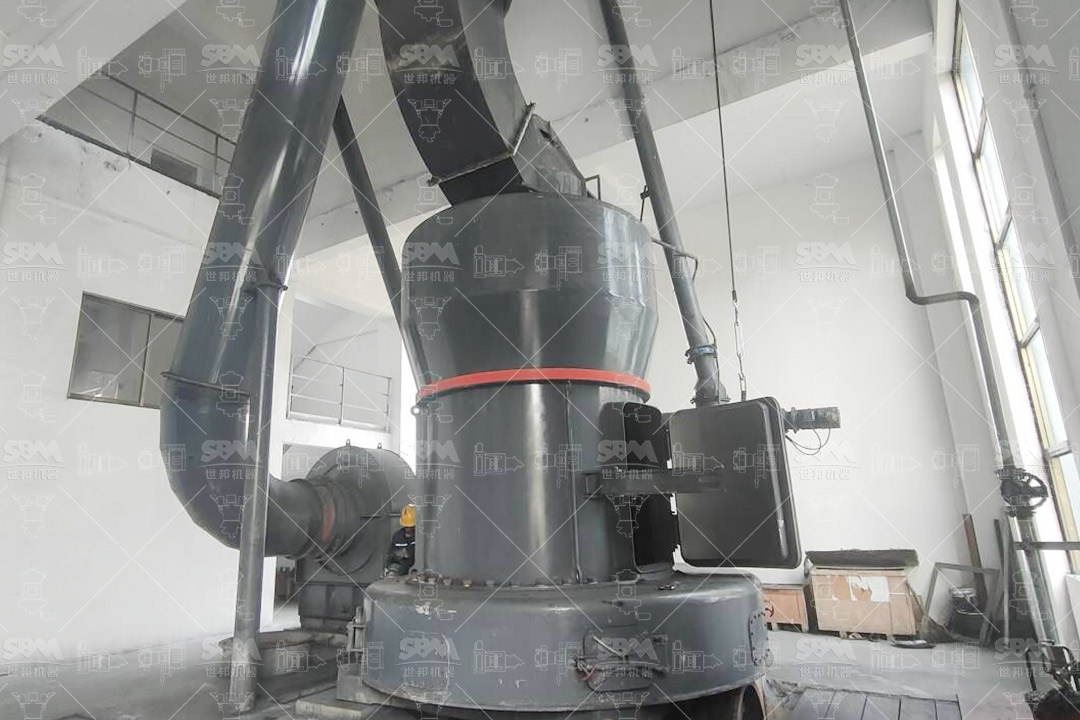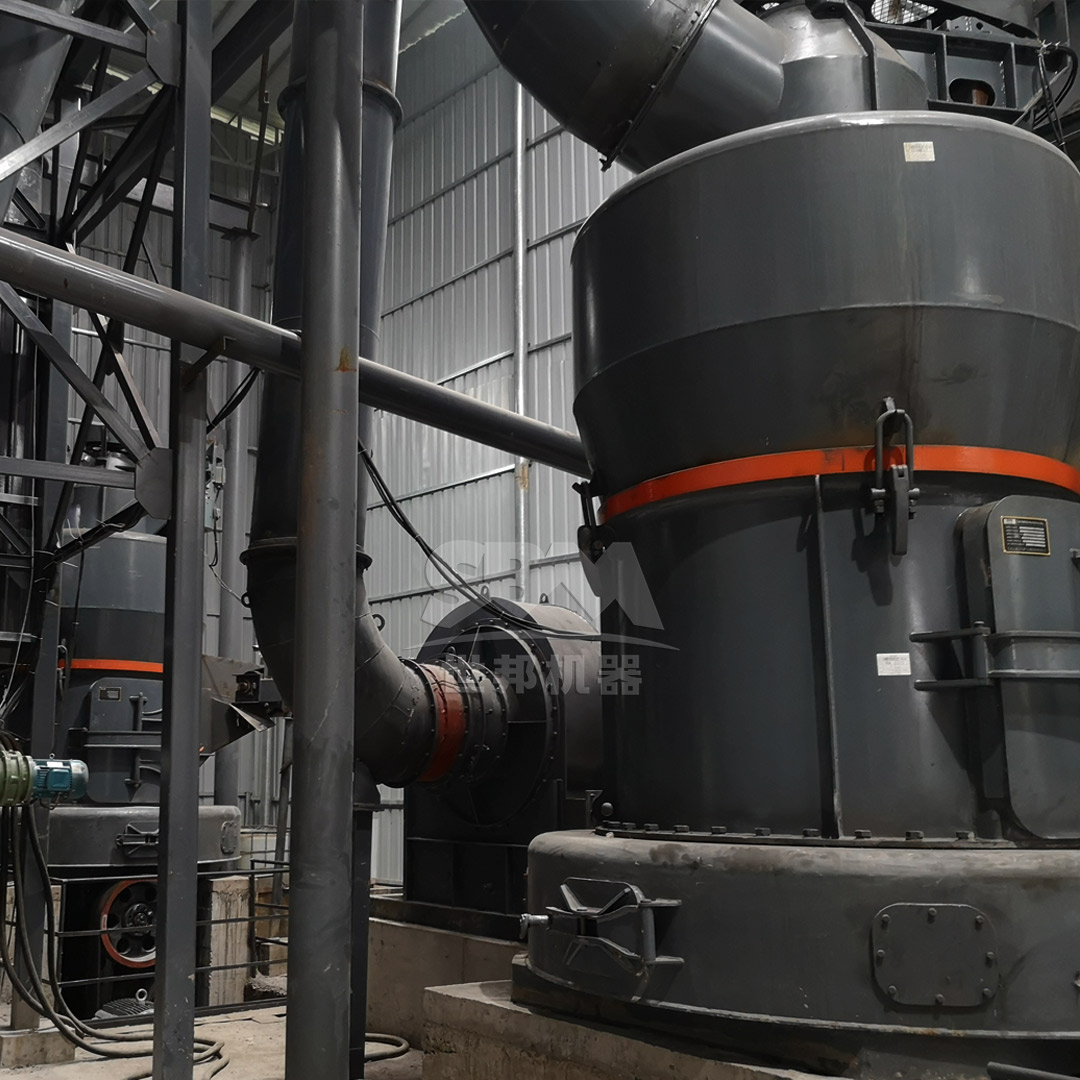Bentonite plays a critical role in drilling operations, serving as a key component in drilling mud to stabilize boreholes, remove cuttings, and cool drilling bits. The quality of bentonite powder directly impacts drilling efficiency and success. Selecting the appropriate roller mill for processing bentonite is therefore a crucial decision that requires careful consideration of various technical parameters and operational requirements.
This comprehensive guide will walk you through the essential factors to consider when choosing a bentonite roller mill, helping you make an informed decision that aligns with your project’s specific needs and budget constraints.

Bentonite is a clay mineral primarily composed of montmorillonite, known for its exceptional swelling properties when hydrated. For drilling applications, the particle size distribution, purity, and viscosity characteristics are paramount. The milling process must preserve these essential properties while achieving the desired fineness.
For optimal performance in drilling mud, bentonite typically requires grinding to specific fineness ranges:
| Application Type | Required Fineness | Special Requirements |
|---|---|---|
| Standard Drilling Mud | 200-325 mesh | Good swelling capacity |
| High-Performance Mud | 325-500 mesh | Enhanced viscosity |
| Specialized Formulations | 500-2500 mesh | Maximum gel strength |
Determine your hourly and daily production needs based on drilling project scale. Consider both current requirements and potential future expansion. Our MTW Series Trapezium Mill offers capacities ranging from 3-45 tons per hour, making it suitable for various project scales from small exploratory drilling to large-scale operations.
The mill must consistently produce bentonite powder within your specified fineness range. For ultra-fine applications requiring 325-2500 mesh, our SCM Ultrafine Mill delivers exceptional results with D97 ≤ 5μm capability, ensuring optimal performance in high-demand drilling environments.

Evaluate the mill’s power consumption relative to its output. Energy-efficient designs can significantly reduce long-term operating expenses. Our mills incorporate advanced technologies that achieve 30-40% energy savings compared to conventional systems.
Consider the wear resistance of grinding components and the ease of maintenance. Bentonite’s abrasive nature demands robust construction and accessible maintenance features.
For projects requiring the finest bentonite powder (325-2500 mesh), the SCM Ultrafine Mill stands out with its exceptional capabilities:
| Model | Capacity (ton/h) | Main Motor Power | Output Fineness |
|---|---|---|---|
| SCM800 | 0.5-4.5 | 75 kW | 325-2500 mesh |
| SCM900 | 0.8-6.5 | 90 kW | 325-2500 mesh |
| SCM1000 | 1.0-8.5 | 132 kW | 325-2500 mesh |
| SCM1250 | 2.5-14 | 185 kW | 325-2500 mesh |
| SCM1680 | 5.0-25 | 315 kW | 325-2500 mesh |
When your requirements fall in the 30-325 mesh range, the MTW Series Trapezium Mill offers excellent performance and reliability:
The MTW Series is particularly well-suited for medium to large drilling projects where consistent quality and high throughput are essential.
| Parameter | SCM Ultrafine Mill | MTW Trapezium Mill |
|---|---|---|
| Input Size | ≤20mm | ≤50mm |
| Output Fineness | 325-2500 mesh (D97≤5μm) | 30-325 mesh (up to 0.038mm) |
| Capacity Range | 0.5-25 ton/h | 3-45 ton/h |
| Energy Consumption | 30% lower than jet mills | Optimized airflow reduces losses |
| Noise Level | ≤75dB | Damping spring noise reduction |
| Dust Collection | Pulse dust collector >99.9% | Multi-stage dust removal options |
Evaluate the available space for mill installation, including clearance for operation and maintenance. Our mills feature compact designs, with some models suitable for outdoor installation to minimize building costs.
Ensure the selected mill meets local environmental regulations for dust emissions and noise levels. All our recommended mills feature advanced environmental protection systems.

Consider the level of automation and operator skill requirements. Modern mills with intelligent control systems can significantly reduce operational complexity and human error.
Develop a comprehensive maintenance plan based on the manufacturer’s recommendations. Regular maintenance ensures consistent performance and extends equipment lifespan.
Verify the availability of critical spare parts and the manufacturer’s support network. Our company maintains comprehensive spare parts inventories worldwide to minimize downtime.
While initial cost is important, consider the total cost of ownership, including energy consumption, maintenance, and potential production losses due to downtime.
Evaluate mills based on key performance indicators such as tons per kilowatt-hour, maintenance intervals, and product quality consistency.
A major drilling contractor achieved a 25% improvement in bentonite quality and a 15% reduction in operational costs after installing our SCM1680 Ultrafine Mill, processing 20 tons per hour of premium-grade bentonite for offshore drilling operations.
A regional drilling company implemented the MTW215G Trapezium Mill, increasing their production capacity by 40% while maintaining consistent 200-mesh quality for their land-based drilling projects.
Selecting the right bentonite roller mill requires careful consideration of your specific project requirements, including production capacity, desired fineness, budget constraints, and operational preferences. Both the SCM Ultrafine Mill and MTW Series Trapezium Mill offer excellent solutions for different application scenarios.
For ultra-fine bentonite powder requirements (325-2500 mesh), the SCM Series provides unmatched precision and efficiency. For standard to fine grinding applications (30-325 mesh), the MTW Series delivers reliable performance and cost-effectiveness.
We recommend consulting with our technical experts to determine the optimal solution for your specific bentonite processing needs. Our team can provide detailed technical specifications, performance data, and customized recommendations based on your project parameters.